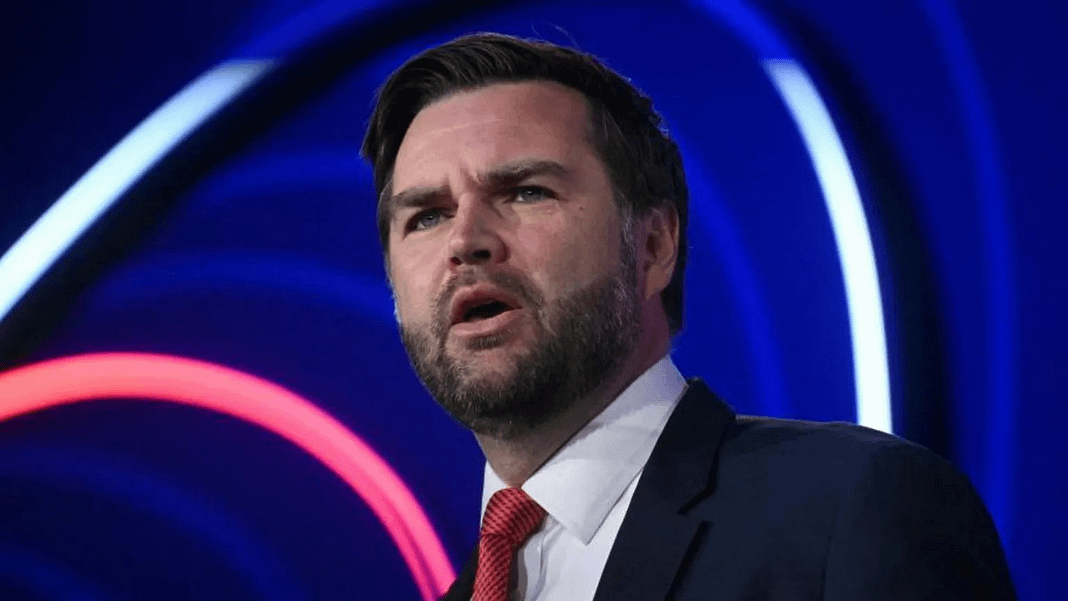In a recent Fox News interview, U.S. Vice President JD Vance sparked controversy by stating that America is “borrowing money from Chinese peasants to buy goods they manufacture.” The statement drew immediate backlash from Beijing. Chinese Foreign Ministry spokesperson Lin Jian condemned the comment as “ignorant and disrespectful,” calling it shocking and regrettable.
As someone who closely follows international relations, I see this as more than just a diplomatic spat—it reflects a deeper narrative divide between how the U.S. and China perceive one another in today’s global landscape.
To begin with, the term “peasant” in English carries historical and sometimes derogatory undertones, implying a lack of sophistication or development. While Vance may have used it to illustrate America’s over-reliance on foreign goods, the phrasing was, at best, insensitive and at worst, demeaning.
What’s more, Vance’s comment reveals a broader pattern in certain U.S. political circles—where simplified or outdated images of China are used to justify domestic policy or economic critiques. However, this overlooks the evolution of China’s economy, which now leads in advanced manufacturing, AI, and green tech sectors.
Personally, I believe this incident should be a wake-up call for policymakers: language matters. In an age where a single quote can circle the globe in seconds, rhetorical precision isn’t just a matter of diplomacy—it’s a matter of credibility. Oversimplifying complex global dynamics not only weakens America’s argument but risks alienating valuable partners or escalating tensions unnecessarily.
In conclusion, JD Vance’s remark is not just about political posturing; it’s a reminder that how we talk about others often says more about us than them.































